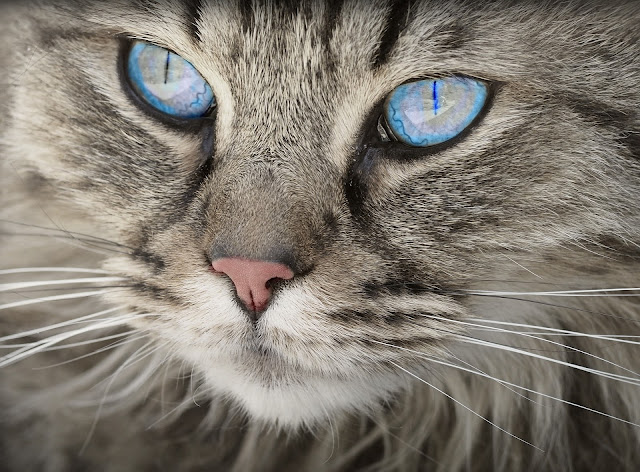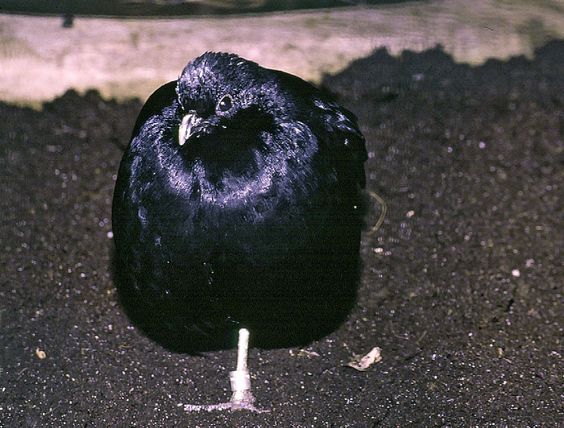What are the diseases and treatments of geese
Geese, like other animals, are susceptible to various diseases and health conditions. While geese are generally hardy and resilient, there are several illnesses that can affect them. It is important to note that diagnosing and treating goose diseases should be done by qualified veterinarians. Below, we will explore some common diseases that can affect geese and potential treatments or preventive measures.
1. Avian Influenza: Avian influenza, also known as bird flu, can affect geese and other avian species. It is caused by various strains of the influenza virus. Symptoms can include respiratory distress, decreased appetite, lethargy, and high mortality rates. Prevention and control measures include strict biosecurity practices, vaccination (where available), and surveillance.
2. Botulism: Botulism is a bacterial infection that can affect geese. It is caused by the toxin produced by the bacterium Clostridium botulinum, which can contaminate water sources. Infected geese may experience weakness, paralysis, difficulty breathing, and death. Treatment involves supportive care, including providing clean water and supportive nutrition. Preventive measures include maintaining clean water sources and preventing the accumulation of decaying organic matter.
3. Aspergillosis: Aspergillosis is a fungal infection that can affect the respiratory system of geese. It is caused by the fungus Aspergillus spp. Geese with aspergillosis may show respiratory distress, decreased activity, and weight loss. Treatment involves antifungal medications, supportive care, and improving environmental conditions to reduce fungal spore exposure.
4. Parasitic Infections: Geese can be susceptible to various internal and external parasites, such as worms, mites, lice, and ticks. Treatment and prevention methods include regular deworming, parasite control measures, and maintaining clean living environments.
5. Bumblefoot: Bumblefoot is a bacterial infection that affects the feet of geese and other birds. It is characterized by swelling, redness, and the development of abscesses on the feet. Treatment involves cleaning and disinfecting the affected area, removing any foreign objects, and administering appropriate antibiotics.
6. Newcastle Disease: Newcastle disease is a viral infection that affects various bird species, including geese. It is highly contagious and can cause respiratory, digestive, and nervous system issues in infected birds. Vaccination is an effective preventive measure, and infected geese should be isolated and treated with supportive care.
7. Duck Viral Enteritis (Duck Plague): Duck viral enteritis is a viral disease that primarily affects waterfowl, including geese. It can cause gastrointestinal symptoms, respiratory distress, and high mortality rates. Prevention involves strict biosecurity measures, including controlling wild bird contact and vaccination where available.
8. Egg Drop Syndrome (EDS): EDS is a viral disease that can affect the reproductive system of geese, leading to decreased egg production, abnormal eggs, and reproductive issues. Vaccination and proper hygiene practices are important for preventing and controlling EDS.
9. Salmonellosis: Salmonellosis is a bacterial infection that can affect geese and other birds. It can cause diarrhea, lethargy, decreased appetite, and high mortality rates. Treatment involves antibiotic therapy, supportive care, and proper hygiene practices to prevent the spread of the infection.
10. Parasitic Infections: Geese can be affected by various external and internal parasites, such as feather lice, mites, roundworms, and tapeworms. Treatment options include appropriate deworming medications, anti-parasitic treatments, and maintaining clean living conditions.
11. Lead Poisoning: Geese are at risk of lead poisoning when they ingest lead pellets or fragments, often from contaminated water or soil. Lead poisoning can lead to neurological issues, weakness, weight loss, and even death. Prevention involves avoiding areas with known lead contamination, providing clean water sources, and removing lead-based objects from the environment.
12. Infectious Coryza: Infectious coryza is a bacterial respiratory disease that affects geese and other poultry. It is characterized by nasal discharge, swollen sinuses, eye swelling, and decreased egg production. Treatment involves antibiotics and supportive care. Preventive measures include proper hygiene, quarantine of infected birds, and vaccination.
13. Mycoplasma Infection: Mycoplasma infection can cause respiratory problems, decreased egg production, and general malaise in geese. It is caused by Mycoplasma spp. bacteria. Treatment typically involves antibiotic therapy and supportive care.
14. West Nile Virus: Geese are susceptible to West Nile virus, which is transmitted through mosquito bites. Infected geese may show neurological symptoms, weakness, and mortality. Preventive measures include mosquito control, vaccination (where available), and minimizing exposure to mosquito-infested areas.
15. Gout: Gout is a metabolic disorder that can affect geese, especially those on a high-protein diet. It results in the accumulation of uric acid crystals in the joints, leading to inflammation and pain. Treatment involves dietary adjustments, such as reducing protein intake, and providing supportive care to alleviate symptoms.
16. Chlamydiosis (Avian Chlamydiosis): Chlamydiosis is a bacterial infection caused by Chlamydia psittaci that can affect geese and other birds. It can cause respiratory symptoms, conjunctivitis, diarrhea, and reproductive issues. Treatment involves antibiotics, supportive care, and strict hygiene practices to prevent transmission to humans.
17. Marek's Disease: Marek's disease is a viral infection that primarily affects chickens but can also impact geese. It causes tumors, paralysis, and immune system suppression. Vaccination is an effective preventive measure, and infected birds should be isolated and provided with supportive care.
18. Fowl Cholera: Fowl cholera, caused by the bacterium Pasteurella multocida, can affect geese and other poultry. It can lead to respiratory distress, swollen joints, and septicemia. Treatment involves antibiotic therapy, supportive care, and proper sanitation practices to prevent the spread of the infection.
19. Injuries and Trauma: Geese can suffer from various injuries and trauma, including fractures, wounds, and predator attacks. Treatment may involve wound cleaning, bandaging, pain management, and potential surgical intervention, depending on the severity of the injury.
20. Internal Organ Disorders: Geese can also experience internal organ disorders, such as liver disease, kidney problems, and gastrointestinal issues. Diagnosis and treatment for these disorders require veterinary expertise and may involve medication, dietary adjustments, and supportive care.
It's important to note that this is not an exhaustive list of all diseases that can affect geese, and each condition requires specific diagnostic and treatment approaches. Regular veterinary care, implementing biosecurity measures, maintaining good hygiene, and providing a suitable environment are essential for preventing, managing, and treating diseases in geese.
As always, consulting with a veterinarian experienced in avian health is crucial for accurate diagnoses, tailored treatment plans, and advice on disease prevention and management in geese.






